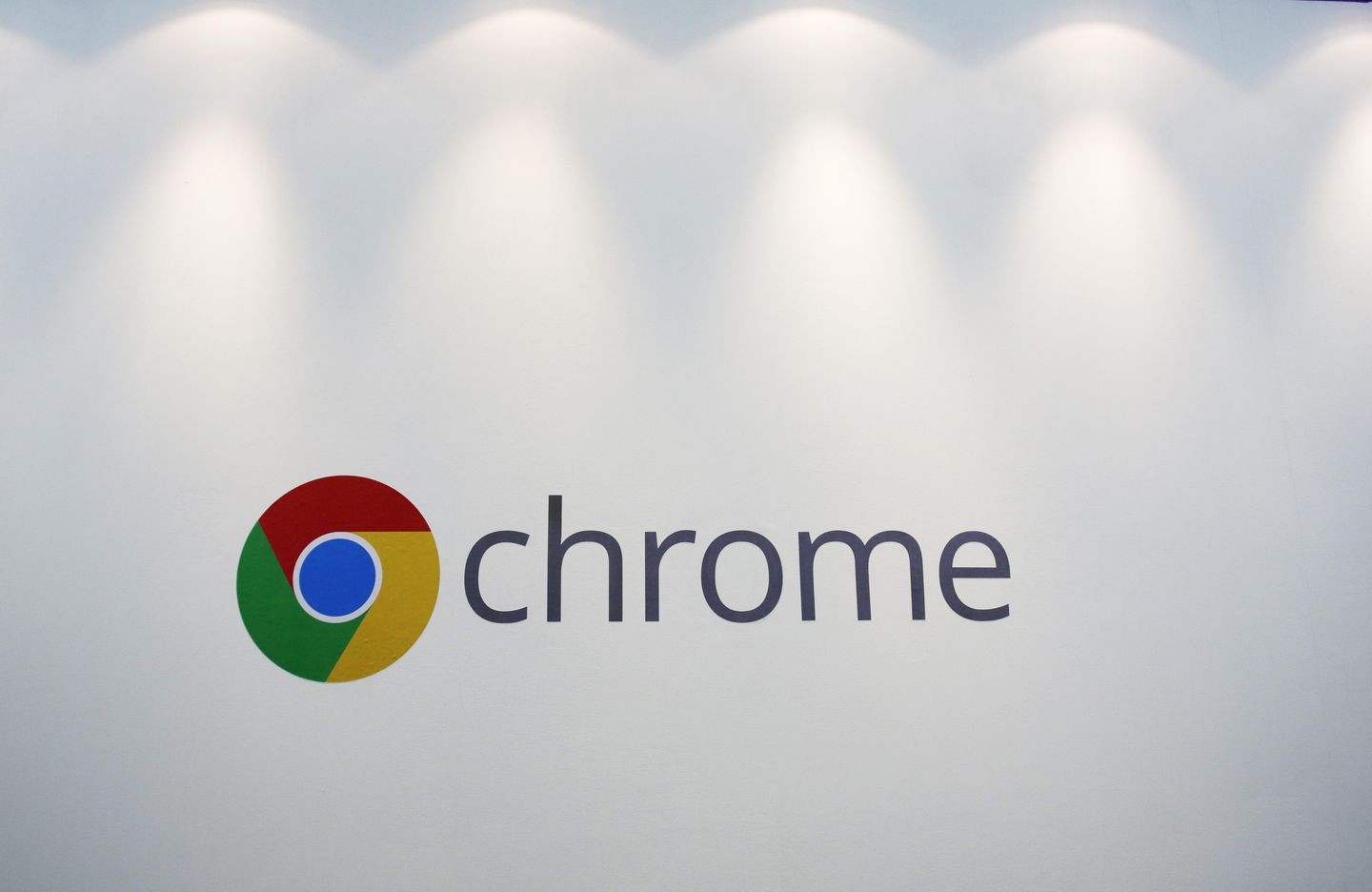The U.S. government is taking action against tech giant Google, seeking to break up the company in order to prevent it from further stifling competition in the market. The move comes after a court ruled that Google had maintained an abusive monopoly through its dominant search engine over the past ten years.
The Department of Justice, along with 11 state attorneys general, filed a lawsuit against Google, accusing the company of engaging in anticompetitive practices that have harmed consumers and stifled innovation. The lawsuit alleges that Google used its market power to maintain an illegal monopoly in the search and search advertising markets, effectively shutting out competitors and limiting consumer choice.
The lawsuit comes after a year-long investigation by the Department of Justice and state attorneys general, which found that Google had engaged in a range of anticompetitive practices to maintain its dominant position in the market. These practices include entering into exclusionary agreements with other companies, manipulating search results to favor its own products and services, and imposing restrictions on the use of its search advertising platform.
The lawsuit seeks to break up Google by requiring the company to divest its search business from its other operations, in order to create a more level playing field for competitors. The government also seeks to implement structural changes within Google to prevent it from engaging in anticompetitive practices in the future.
Google has denied the allegations, arguing that it faces stiff competition in the market and that its products and services have benefited consumers and businesses alike. The company has vowed to fight the lawsuit in court, arguing that its practices are legal and that it has not violated any antitrust laws.
The lawsuit against Google is just the latest in a series of legal challenges that tech companies have faced in recent years over antitrust concerns. In addition to Google, companies like Facebook, Amazon, and Apple have also come under scrutiny for their market dominance and alleged anticompetitive practices.
The outcome of the lawsuit against Google could have far-reaching implications for the tech industry and the broader economy. If the government is successful in breaking up Google, it could pave the way for increased competition in the search and search advertising markets, leading to lower prices and more choices for consumers.
At the same time, a breakup of Google could also have negative consequences, potentially disrupting the company’s operations and impacting its ability to innovate and compete in the market. Some experts have warned that breaking up Google could lead to unintended consequences, such as the creation of smaller, less efficient companies that are unable to compete with larger rivals.
Overall, the lawsuit against Google highlights the challenges of regulating the tech industry and ensuring that competition thrives in the digital economy. As technology continues to evolve and shape our daily lives, it is crucial for regulators to strike a balance between promoting innovation and protecting consumers from anticompetitive practices.
In the coming months, the lawsuit against Google is likely to play out in court, with both sides presenting their arguments and evidence to a judge. The outcome of the case could have a significant impact on the future of the tech industry and the way in which companies like Google operate in the market.
Regardless of the outcome, the lawsuit against Google serves as a reminder of the importance of competition and innovation in the tech industry. As companies continue to grow and expand their influence, it is essential for regulators to remain vigilant and ensure that the market remains open and competitive for the benefit of consumers and businesses alike.









